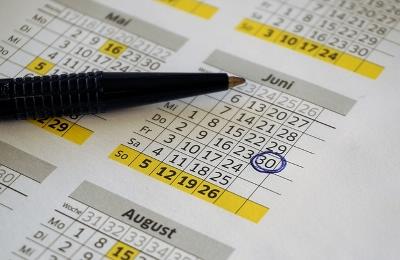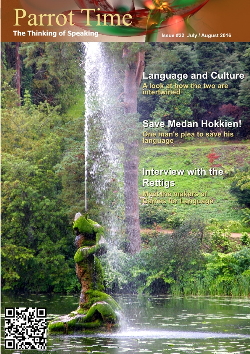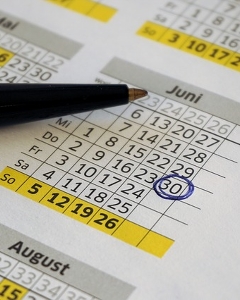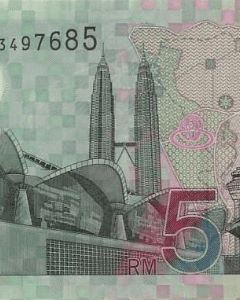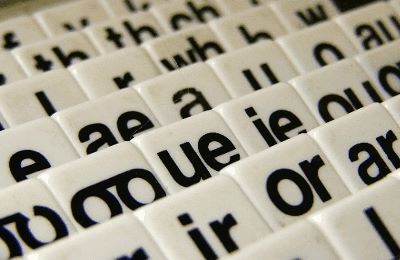Why I Will Never Learn the IPA

|
I love alphabets. They were the reasons I first became interested in languages. I saw writing in Cyrillic and Mayan and was astounded to think that not only did that writing mean something, but that people actually communicate with it. So I started picking up alphabets. I taught myself the Greek and Russian. Then I looked at other ways of representing the English alphabet and learned the military alphabet (a means of spoken spelling using words to clearly communicate the letters, like "ACD173" would be "Alpha Charlie Delta One Seven Three") and the American Sign Language alphabet. I even attempted to learn Morse Code, but didn't get too far with that. I am telling you this so that you understand that I don't have a problem with alphabets in general. I love them. I do, however, have a strong dislike for the International Phonetic Alphabet (sometimes called the International Phonemic Alphabet), or IPA. It is a collection of various symbols which are combined to show, in writing, how words in any language are meant to be pronounced. It is nothing personal. I know it has a purpose and that some people love it and use it all the time. I won't, though, and here are my main reasons: 1) It is unwieldy 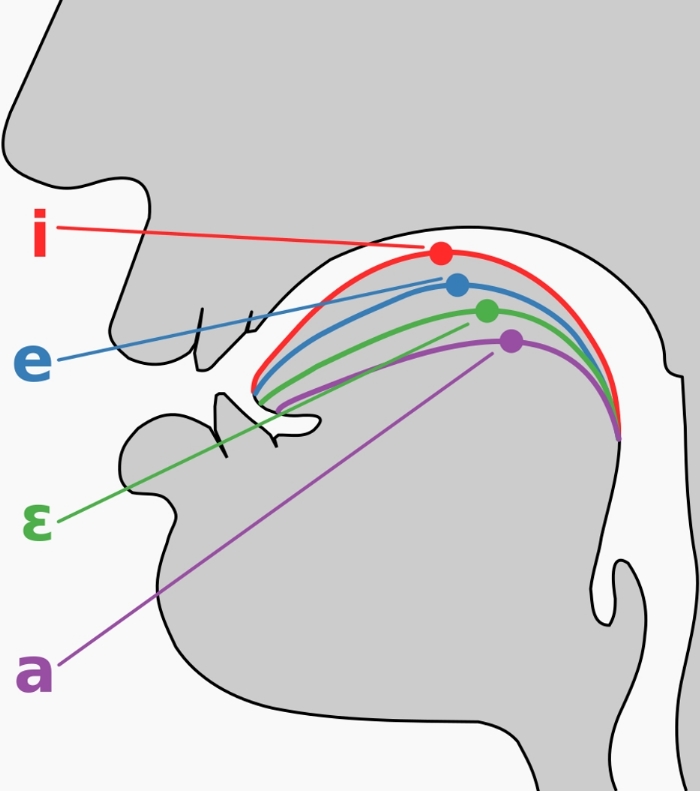 The first issue is that it is made up symbols which would often be more at home on the pages of a scientific journal or mathematicians publication than on the pages of a language course book. While the letters are supposedly taken from Latin and Greek, many have been altered from their source, inverted, or just completely made up. Why is this a problem? Because this is the age of computers, where almost everything is transmitted and stored in a digital fashion, usually requiring input from a keyboard. It is common enough now for people to have multiple layouts so they can type in different languages, IPA setups are harder to find and install. Even if you find one which works, the number of fonts the symbols can be displayed in is very limited. Now, to address this, years ago another notation system was created, specifically for representing IPA on computers. The Extended Speech Assessment Methods Phonetic Alphabet (X-SAMPA) is a way of entering IPA into a text system using just basic ASCII characters from the keyboard. However, it wasn't used as much once IPA was integrated with UNICODE. 2) It is overkill for most people 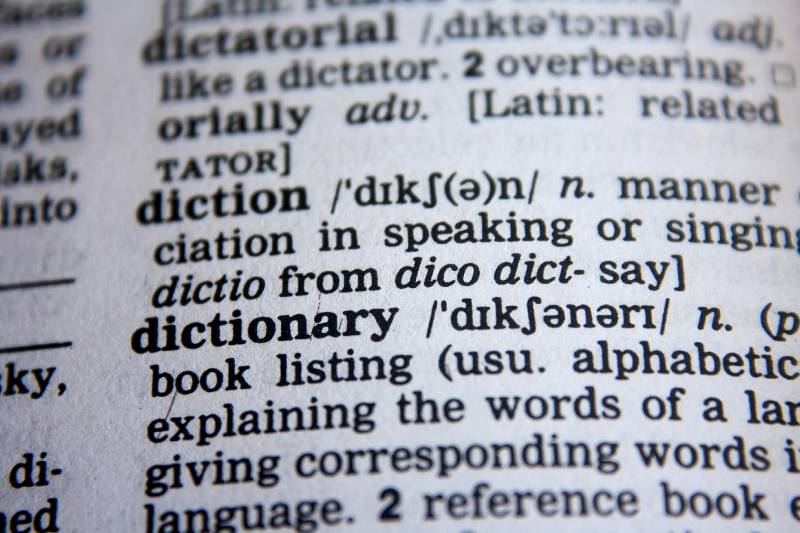 While the IPA does fulfil its role as a writing system for sound rather well, most people will never need it enough to learn it. Unless you are a linguist or a really dedicated language learner, learning another system to understand sounds is too much of a hassle. Most of the time, we can get a basic concept of pronunciation from a written explanation and comparisons to the language we already speak. I know this makes many linguists cringe at seeing these approximations, but they are usually good enough. The learner supplements this with audio courses, media like radio or TV, or simply talking to another speaker. For this reason, most language course books and phrasebooks do not show any IPA at all. Even many dictionaries no longer contain IPA guides, for their publishers realize that the average person wouldn't know what to do with it. 3) It is hard to agree on The IPA is standard. Mostly. That is, you can use the symbols to represent the sounds on a consistent basis. 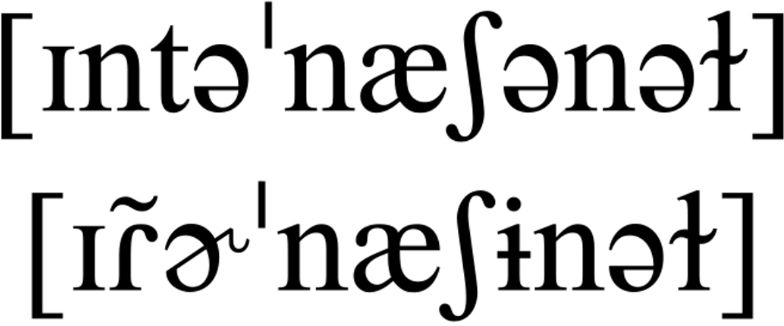 However, pronunciation itself can be a tricky thing to nail down. How many times have you sat across from a native speaker of the language you are trying to learn and take turns at repeating the same word over and over? You are being corrected because you haven't been able to quite get that proper tone or inflection, and you are unable to hear a difference. This sounds (pardon the pun) like a great place for IPA to be used. If you could just see the notation, you would be able to say it properly, right? Maybe. But everyone hears things slightly differently and interpret the ways the letters should be applied in similarly diverse ways. What may sound like a simple word to convert to IPA is likely to start an argument with linguists. Now include local dialect differences or speaker accents, and you've got even more confusion. I know many IPA lovers at this point are probably saying I am wrong (or worse) under their breath, but my own experience is that people will argue over the precise notation for even the simplest of words. For example, a while ago I wanted to make an "IPA Rules" written in IPA mug, figuring it would make a cool present for linguists. I asked a group of people how to properly write it. What I got was a heated debate among several people over the proper notation. Even when I made a graphic from one of the versions being tossed around, there was a disagreement about the font being used. I finally gave up. That doesn't mean there isn't an answer. If you were to read the IPA transcription for the word "language", you would probably get close enough to the proper sound to be accepted. I can almost guarantee you, though, that someone would be complaining about the representation being wrong. So, if you are going to be having people picking over the IPA, why not just use a language approximation instead, like I mentioned before? This is all my own opinion and personal experience, and so while I am sure that some will be nodding their heads in agreement with what I have said, others will be ready to correct my observations. I welcome both kinds of comments! |
| Why I Will Never Learn the IPA | |||
| Writer: | Erik Zidowecki | ||
| Images: | |||
| |||
All images are Copyright - CC BY-SA (Creative Commons Share Alike) by their respective owners, except for Petey, which is Public Domain (PD) or unless otherwise noted.
|
Searching for language resources? Find entertaining and educational books for learning a language at Scriveremo Publishing. Just click the link below to find learning books for more than 30 languages!
| |
comments powered by Disqus


